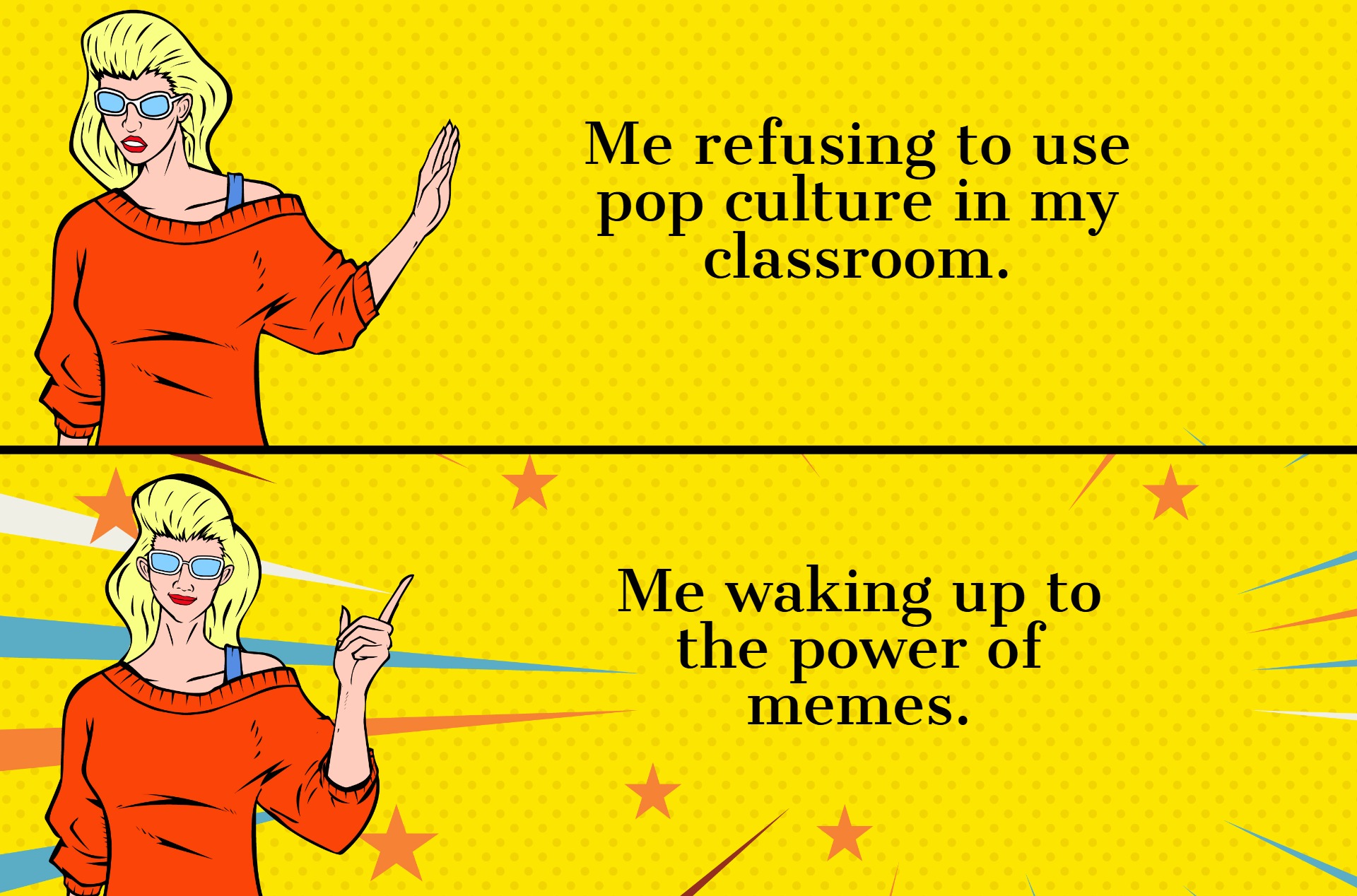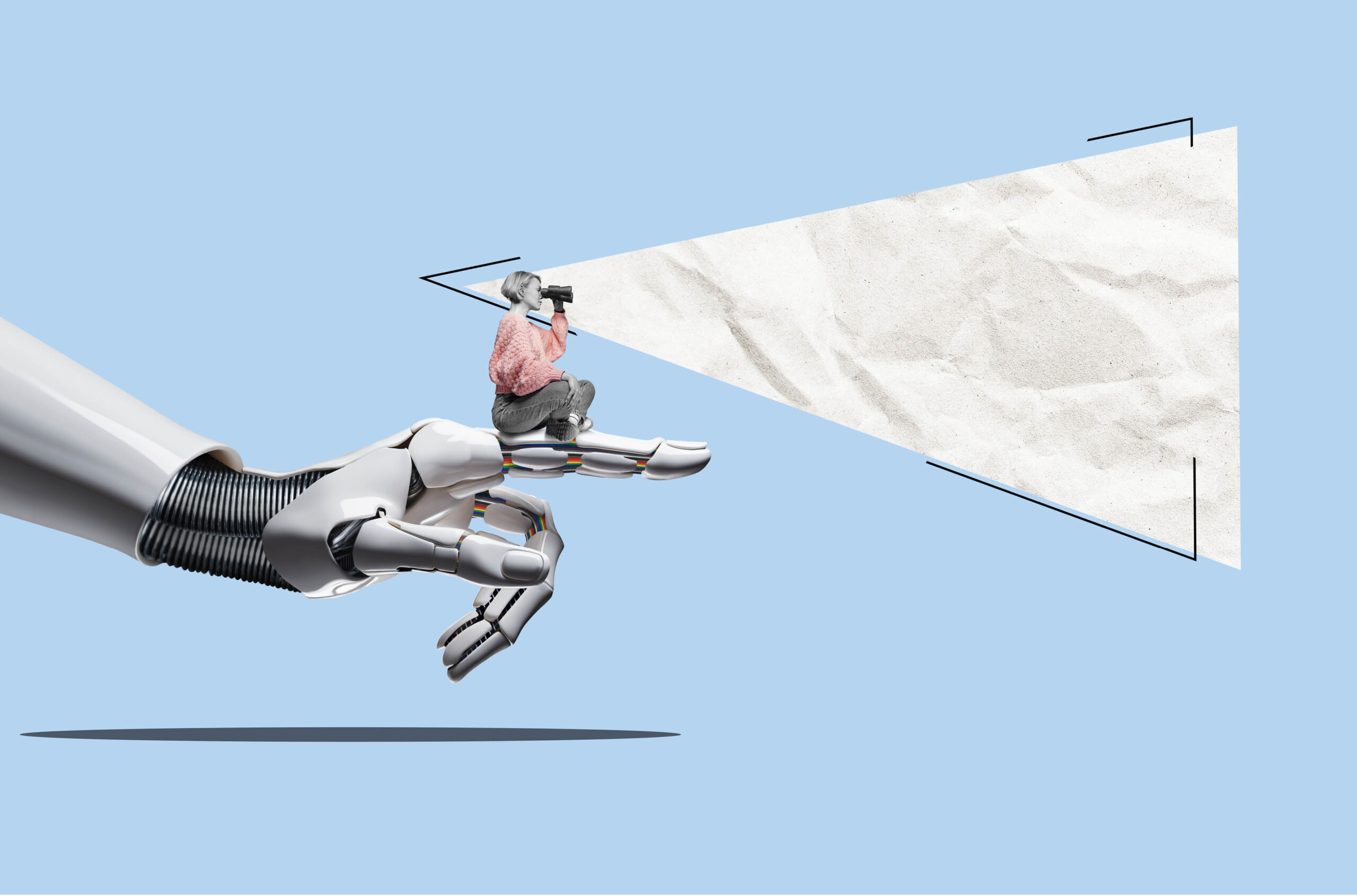The skills of care: navigating emotional labour in academia
Applying care ethics to our academic work.

Emotional labour – defined as the management of emotions done as part of one’s role – is an important component of academic work. Many people working in academia perform emotional labour daily through activities such as emotional caretaking of students and colleagues, mentoring activities, and emotionally-charged service roles and activities. This work benefits institutions and individuals alike, but it takes a toll on those conducting this labour in terms of time and energy, as well as potential negative health impacts. For this reason, emotional labour must be acknowledged and navigated. Applying the skills of care can help.
In this second column of a special The Skills Agenda three-part series, I am delighted to bring back my colleague, Christie Schultz, an academic leader whose research focuses on the application of care ethics in higher education. In our first column, Christie and I discussed emotional labour in the context of academic work and introduced the care ethics approach. In this column, we examine how care skills can help faculty cope with the load of emotional labour, with a particular focus on work involving students. And in our third column, available in June, we will discuss what emotional labour means for academic leadership at all levels.
What are skills of care?
When we accept that emotional labour is part of the ongoing work within academia, it becomes possible to both embrace an ethic of care as we do this work and find ways to be attentive to the skills of care within an academic context.
The work of care is highly relational and complex. As The Care Collective contend in their Care Manifesto, applying care ethics requires an orientation towards “cultivating and prioritizing the social, institutional, and political facilities that enable and enhance our capacities to care for each other.” Simply put, a care ethics orientation picks up where natural caring leaves off – and is a way of (inter)relating with one another while recognizing that this relational activity impacts everything else.
Skills of care are skills that inform how we relate – and also inform how we act and make decisions. The foundational skill of caring is recognizing, in Joan Tronto’s oft-cited words, “everything that we do to maintain, continue, and repair our ‘world’ so that we can live in it as well as possible.” All other skills of care rest on this foundation of recognition of this maintenance, continuation and repair work. From this foundation, we can identify specific skills of care that are useful in academic work.
Broad skills of care for faculty
In revisiting Leading with Feminist Care Ethics in Higher Education (available online through most university libraries), we wish to highlight three key skills of care for faculty:
- Recognizing emotional labour as work. Simply recognizing the work of care as work — including emotional labour often embedded therein — is a skill. This helps to make both care and the work of care visible to oneself and can have the impact of enabling us to seek specific skill development designed to help us navigate this work. (Crucial Conversations and Radical Candor are just two such complementary skill development approaches to a care ethics orientation.)
- Approaching emotional labour as a practice. Centering care ethics as an approach or orientation can help shift and shape emotional labour that “happens to us” into something we “practice.” Relational and interrelational work is an ongoing and uneasy practice. Approaching work with an ethic of care is not perfect; it can fail, and it takes courage.
- Utilizing caring for ourselves as a condition of care. The airplane guidance to “put on your own oxygen mask first” applies here. One’s ability to provide care and emotional labour in a sustainable manner necessitates first caring for yourself. We are deliberately avoiding the language of self-care and the commercialization of such, and instead thinking about care for the self as the skill of nurturing a relationship with ourselves as a condition of enacting care work sustainably. This care for the self takes many forms. And, critically, caring for ourselves requires rest.
Connecting skills of care to our work with students
We can think of skills of care in our work with students in several ways. There is applying skills of care in the emotional labour we conduct connected to our work with students. There is role modelling skills of care to undergraduate and graduate students. And there is also teaching skills of care to students. We offer some starting points for ideas in each of these areas.
Applying skills of care in work with students. Working with students can be both the most rewarding and most draining parts of academia. Seeing students grow in their understanding and succeed brings unique rewards. Dealing with student crises and issues of academic integrity, on the other hand, brings considerable stresses. To the extent possible, we encourage faculty to embrace prevention strategies to potentially reduce some of the emotional labour demands on your time and energy. This may be in the form of defined approaches to dealing with student grade complaints, using course design to promote academic integrity, or other strategies to head off particular student matters that you find emotionally challenging.
It can also be helpful to increase your understanding of your current student body. As discussed in a previous Skills Agenda column, a “challenge for many instructors can be shaking off the idea that their past self is representative of today’s students. When we shape our courses in ways that reflect our own past educational experiences and/or please our past student self, we miss the opportunity to reflect on what our actual students want and need.” To this we add, when our approaches are misaligned with our (actual) student audience, it can create additional (and emotionally fraught) work for us and our students alike. Understanding our students’ starting points fosters empathy and points us toward more effective approaches.
Role modelling skills of care for our students. As noted above, an important skill of care is care for yourself. You can role model this for your students in several ways. You can build skills of care into your course structure and syllabus by including transition or buffer classes, or creating explicit policies about course communications and classroom respect. You can establish clear boundaries on your available time and energy, as well as how you will be treated and expect others to be treated, and explicitly stating and explaining these to your students. And you can show respect for their own care of self by considering assignment deadline timings and your own timing of communications to the class.
Teaching skills of care to our students. Students themselves conduct their own share of emotional labour for their peers, families, and in their paid and volunteer work. They too can benefit from understanding what emotional labour is and how it differs from intellectual, creative and physical labour — and from recognizing emotional labour in their own work as work, and by seeing care of themselves as a condition for providing care to others. This can be taught to students in your classroom through speaking openly about the topic and why you see it as important. Many universities offer wellness experts who can come into classrooms; you may consider bringing one in to provide a short lesson on wellbeing and learning, or direct students to these resources. Simply stating that skills of care matter and can be learned and developed can be powerful for your students.
Having acknowledged that emotional labour and care work are part of academia in our April column, and having introduced skills of care in this column, in June we will conclude our three-part series by turning our attention to care in the context of academic leadership. We’ll explore a key question: How can academic leaders create an environment that cares about emotional labour and that, at the same time, fosters care?
Continuing the Skills Agenda conversation
What skills of care do you already use to navigate emotional labour in academia? Please let me know in the comments below. And for additional teaching, writing, and time management discussion, please check out my Substack blog, Academia Made Easier.
I look forward to hearing from you. Until next time, stay well, my colleagues.
Featured Jobs
- Business – Lecturer or Assistant Professor, 2-year term (Strategic Management) McMaster University
- Canada Excellence Research Chair in Forest Biodiversity Conservation (Full Professor)University of New Brunswick
- Canada Excellence Research Chair in Energy TransitionsUniversité du Québec à Trois-Rivières (UQTR)
- Canadian Politics - Assistant ProfessorUniversity of Toronto
- Education - Assistant Professor (Distance Education)University of Toronto













Post a comment
University Affairs moderates all comments according to the following guidelines. If approved, comments generally appear within one business day. We may republish particularly insightful remarks in our print edition or elsewhere.